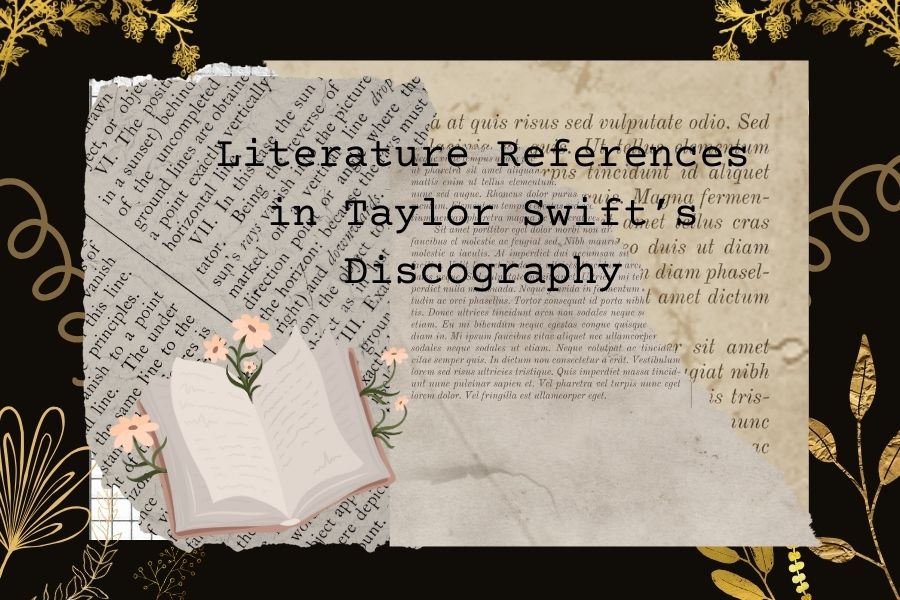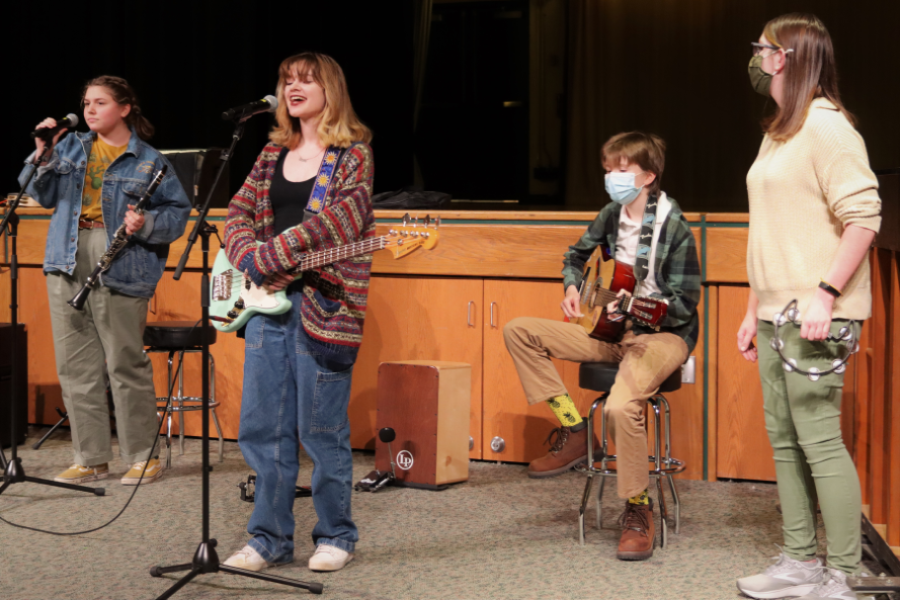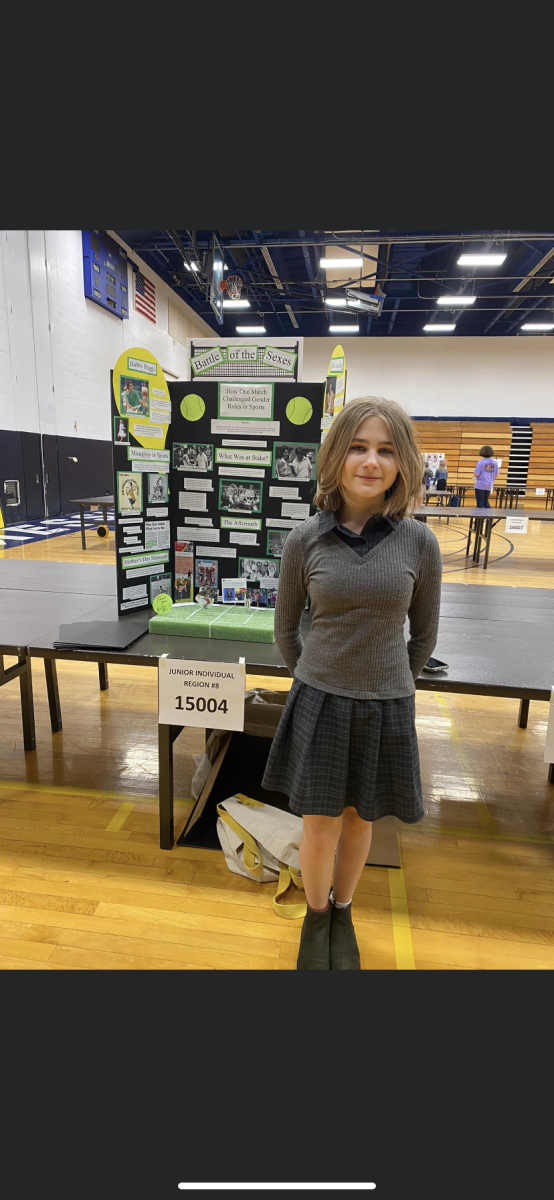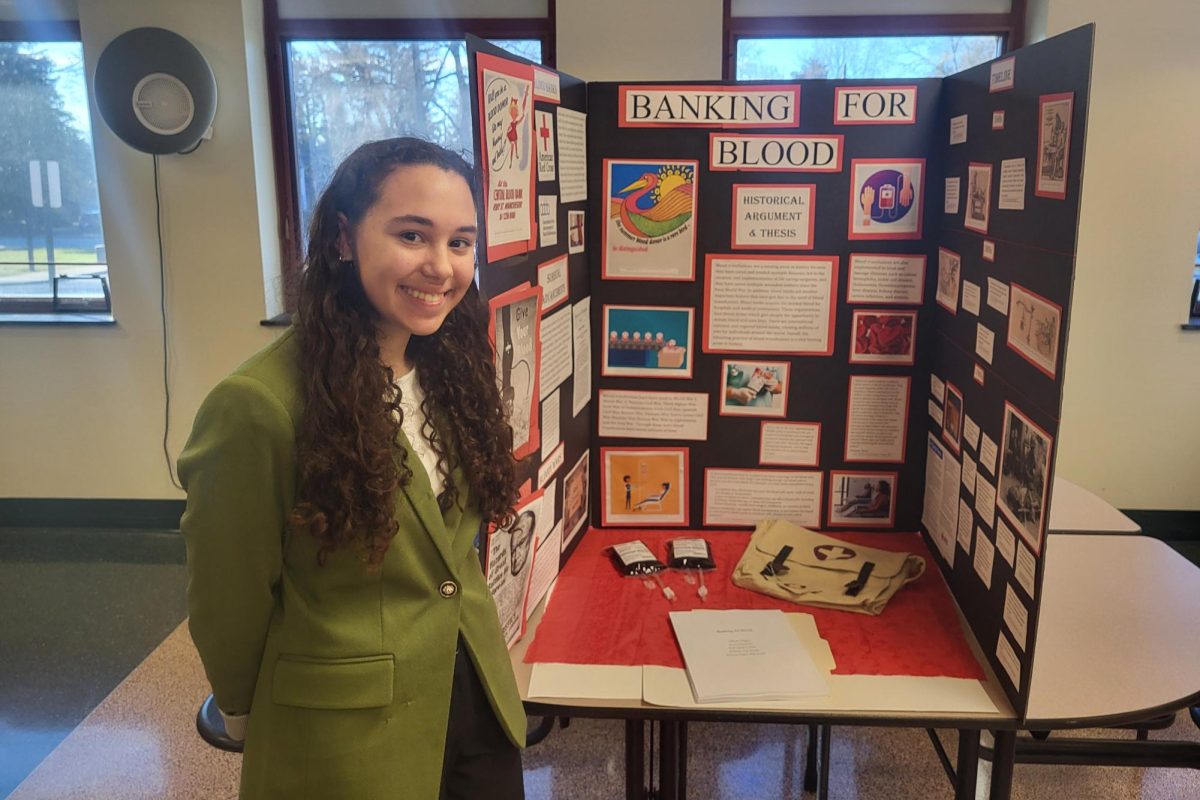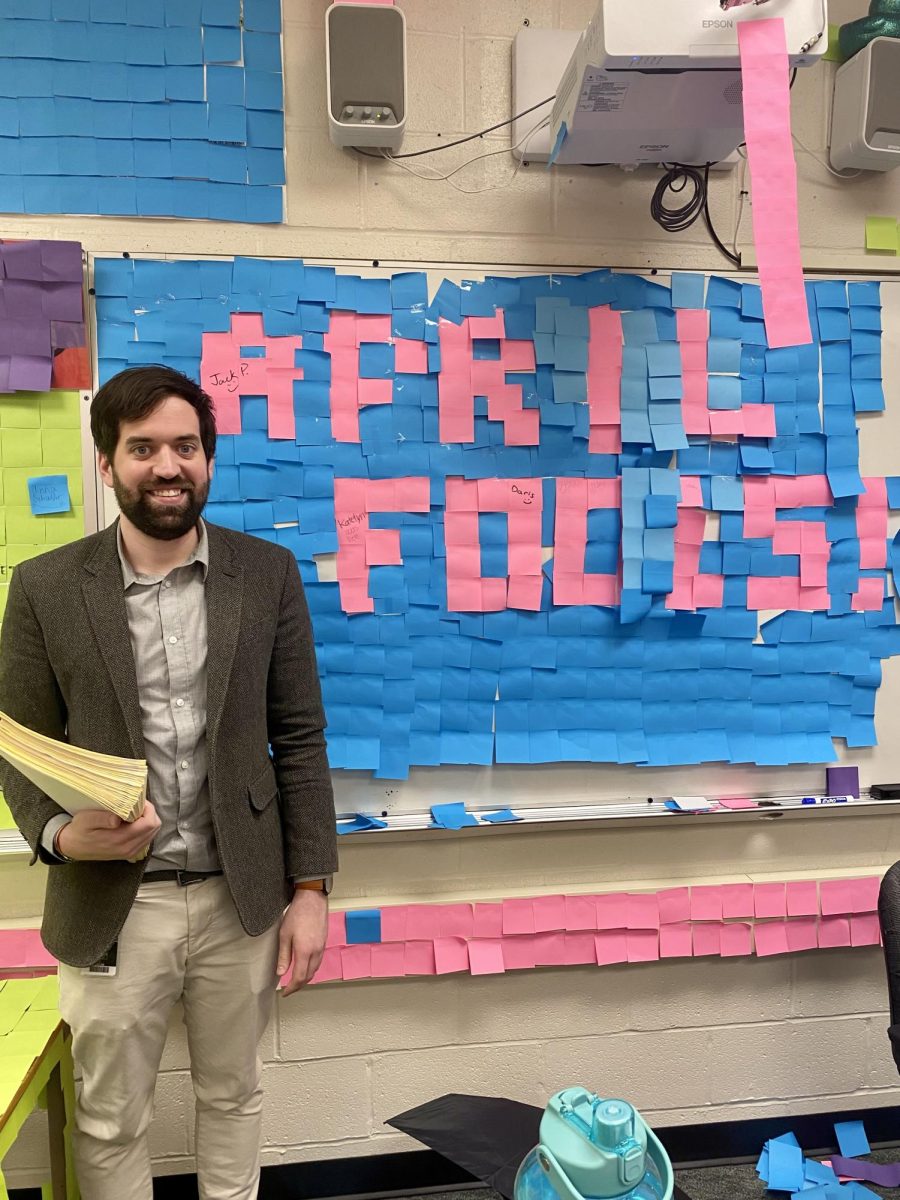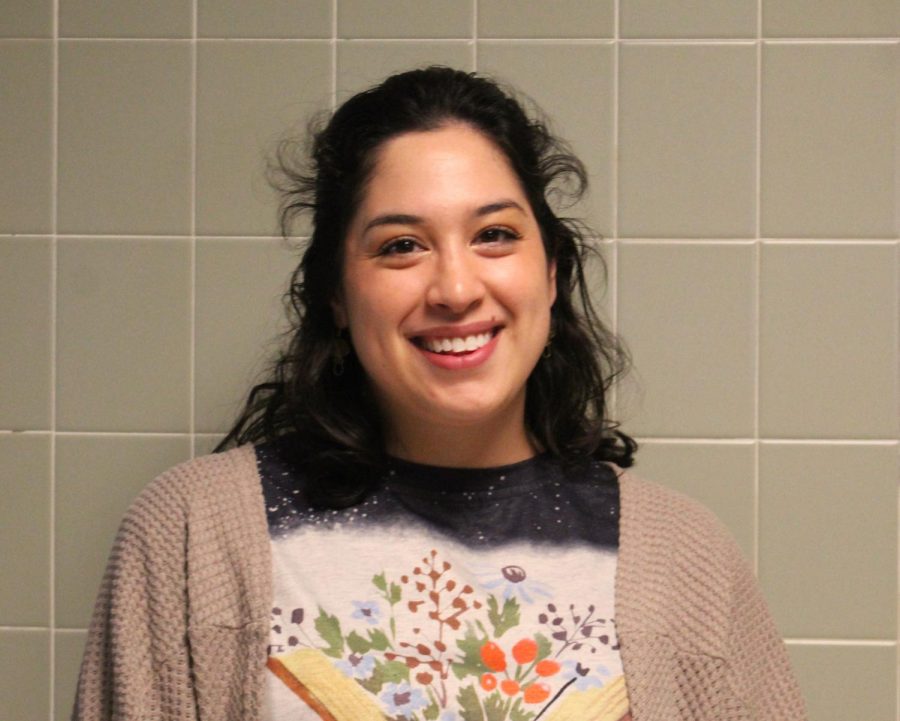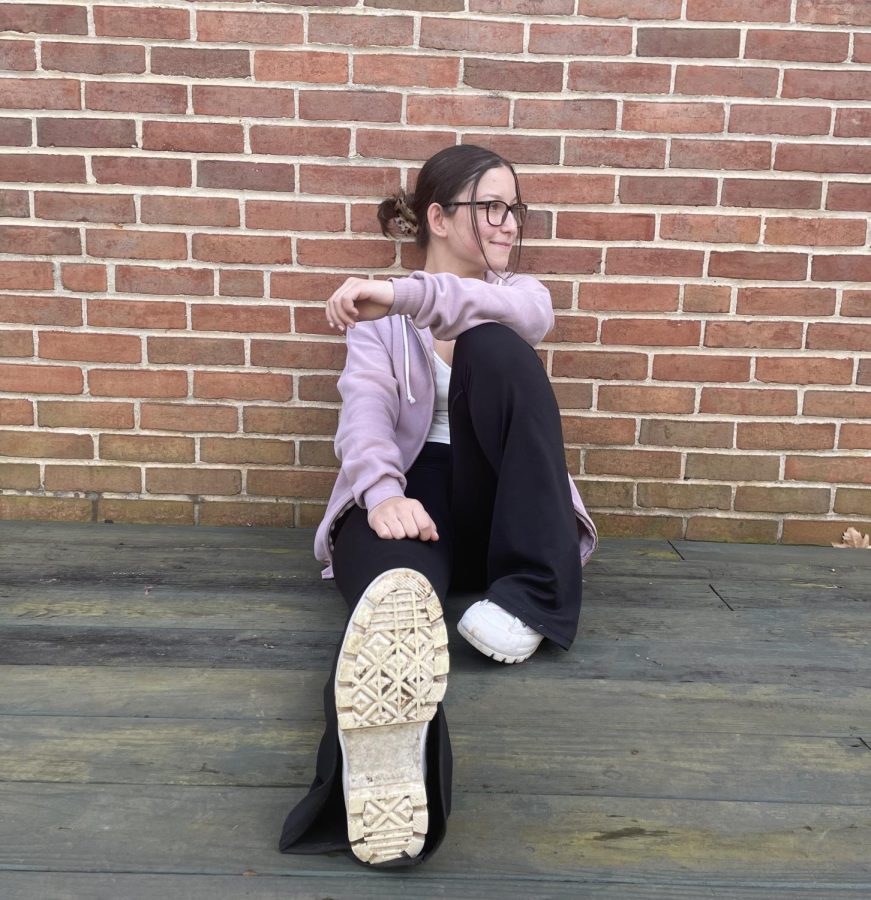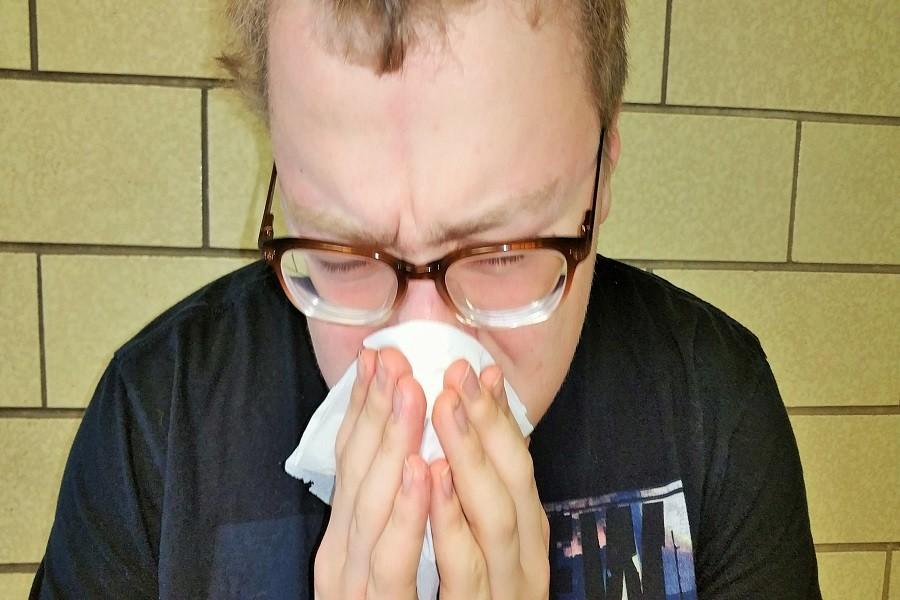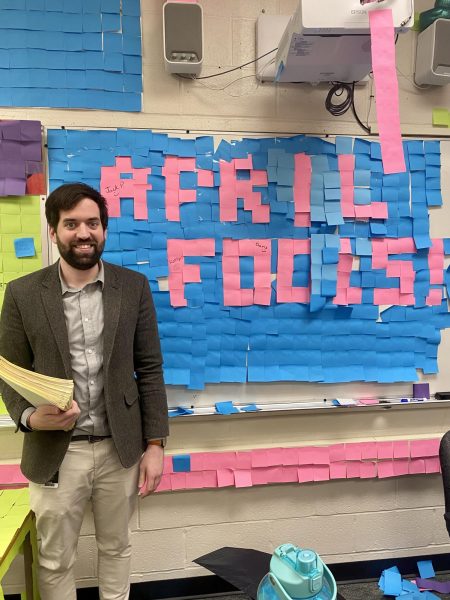Achoo! Life with Allergies
Evan Wallace combats the symptoms of seasonal allergies in the best way possible: with a tissue.
Sneezing, watery eyes, coughing – allergy season is about to reach its peak.
Although spring is approaching, students are affected by allergies all year round. Allergies are defined by The American Academy of Allergy, Asthma, and Immunology as “a chronic condition involving an abnormal reaction to an ordinarily harmless substance called an allergen.”
Web MD lists off some of the symptoms of allergies. Symptoms tend to range from minor to severe depending on the allergy. Some minor symptoms include: itching in the nose, roof of mouth, throat, or eyes sneezing, stuffy or runny nose, tearing eyes, or dark circles under the eyes. Other, more severe, symptoms include vomiting, hives, and trouble breathing.
There are several types of allergies that affect student lives on a daily basis and make life at a public school a little bit more difficult.
There is the unfortunate food allergy which prevents people from eating certain foods in fear of an allergic reaction; common food allergies are caused by nuts, shellfish, dairy, and gluten (wheat products).
This causes a problem in student’s lives because they are restricted on buying school lunches or participating in class “parties” that involve food. Students with these allergies have to be very careful to not consume, touch, or, in some cases, smell.
Senior Chris Pratt experiences food allergies to tree nuts and fresh fruits; Pratt shared how this allergy affects his life by stating, “I have to take medication to control my allergies. I have to avoid many healthy food options.”
Another common allergy students deal with is a seasonal occurrence, with spring being the main contender. Spring causes seasonal allergies to spike, due to the pollen filling the air from the newly sprouting plants. Spring plays a large role in seasonal allergies but other seasons also have their downfalls for students with seasonal allergies.
Pratt also experiences seasonal allergies which “make it feel like I have a cold for months.”
Then there is the infamous pet allergy which causes students with said allergy to never enjoy the love and comfort of any pet with fur. These students are hindered from having a dog or cat in their household and must be extremely careful whose house they go to or where they go in public because dogs are everywhere.
While food, seasonal, and pet allergies are the most widely known allergies, there are smaller categories that still affect many students. There is the plant and animal allergy which ranges from poison oak, ivy, or sumac to the bee sting allergy. There is also the drug allergy and the cosmetic allergy which ranges from aspirin and penicillin to the chemicals inside of foundation or massacre.
ACT teacher Matthew Fahnestock, is allergic to pets and legumes (beans or nuts) and experiences seasonal allergies.
Fahnestock shared that “it doesn’t affect me much as an adult, but as a kid I felt left out. There was no understanding of allergies and I had them before they were a commonplace and popular. There were no warning labels on items as a kid and I had to ask the ingredients in everything I wanted to eat. I feel as though it made me more responsible.”
Allergies affect many students and how they go about their lives during the school day. Although students with allergies must be cautious of their surroundings, Fahnestock does not believe in “allergy segregation,” which is the isolation of students with allergies to avoid allergic reactions.
Although Carlisle High School does not use allergy segregation as a method of protection, all teachers must go through training to learn what to do during an allergic reaction.
The website AllergyReady.com has an “online course is designed to help teachers, administrators and other school personnel prevent and manage potentially life-threatening allergic reactions.” Every teacher at CHS is now trained in administering medication (known as an Epi-pen) in the event of a student having an allergic reaction in class.
While many people may just brush off a runny nose or watery eyes as “just allergies,” allergies are a serious concern and should be monitored carefully.
Want to help the Herd? Please consider supporting the Periscope program. Your donation will support the student journalists of CHS and allow us to purchase equipment, send students to workshops/camps, and cover our annual website hosting costs.

Brooklyn Norrell is currently a senior at Carlisle Area High School and this is her third year in Periscope. Brooklyn is the student life section editor...




